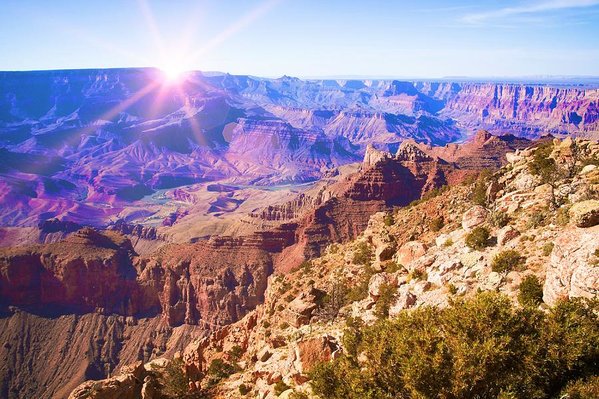
Layers in Photography along my travels
Layers in photography can definitely give more visual interest to a picture. I’m not talking about a post processing technique. This article is about using layers in a photographic composition.
We get layers in almost every photo we take, whether it is landscape, urban/rural scenery, or a close-up.
BTW: I uploaded some of these photos to my Fine Art America gallery. Click on the links for details:
However, when not used properly, layers can just go unnoticed. Not only, but too many elements can simply clutter the image. We don’t want that. What we want instead is to add a visual appeal to our picture.
In my travel photography I often use layers in various circumstances and for various reasons. Here are some examples: **Click on the pictures for a larger view!
Layers in photography creating patterns
I noticed that some of the most attractive patterns in nature are created by layers of waves, mountain crests, rolling hills or clouds:
1 – Moving water on the Atlantic ocean in the sunset light, viewed in Gros Morne National Park, Newfoundland, Canada:
2 – Mountain crest silhouettes in Grand Canyon South, Arizona:
3 – In the Grand Canyon you will always be able to capture beautiful natural layers
** I have several photos from this place, all layers and layers 🙂 You can see them in my Grand Canyon gallery
4 – Rippled clouds over the Mohave Desert mountains in Arizona:
Layers creating frames
Sometimes it’s a good idea to use frames around our subject. Whether man-made or natural, frames will always help emphasize our main photographic element. A good example of natural framing is my Mount Rainier covered by snow in the summertime. But there are so many other examples, like:
1 – The solstice full moon framed by layers of clouds in Arizona:
2 – Newfoundland quilts and fisherman’s shacks in Change Islands:
3 – One of my favorite of Monaco Montecarlo series is the statue in front of the Prince’s Palace. There are also several other examples of layers in my “Monaco One Day Visit” post:
4 – Layering with selective focusing can add more drama to a picture. “Feeding time” is a scene I took on a bus in Germany with my telephoto 🙂
Layers in photography create a 3 dimensional effect
Want a three dimensional picture? Place yourself behind a foreground object or element; next, include an element in the middle of the scene; then make sure you also show the background. The foreground can be anything like part of a road, a rock, plants or humans. Sometimes I use shadows or water reflections to create the first layer. Here are some examples:
1 – Mount Hood covered by snow in Oregon, viewed from the highway:
2 – Dolphin Cove Inn, Manzanillo, Mexico
3 – Flaming Gorge Reservoir, Utah at fall:
Layers of Color and Light
1 – Sunset and silhouettes over the lake in Coba Mexico:
2 – “As Above So Below”. This is a Digital Paint version of a landscape and water photo I took in Nova Scotia, Canada. It is an example of using water reflections for the foreground layer. It is also an example of layers created with color:
Using layers to create a story telling image
1 – At the school
I took this photo in St. Mary’s harbor, Labrador. It could have been just a flat picture of some children waiting to enter the school building. While watching the kids, I noticed this boy walking down the road. He was on his own about to facing a small hill to be crossed. Was he late, was he reluctant to go there? Who knows. What I know is that his presence added a new dimension to the scene, along with a story:
2 – “No Place Like Home”, is a scene in a small village near Coba, Mexico:
3 – Kuna Yala kids living on a coffee farm in Boquete, Panama. it was laundry day.
I have a lot more photos showing layers in photography, but it is impossible to insert them all in one post. I hope however that you enjoyed seeing the few that I did 🙂
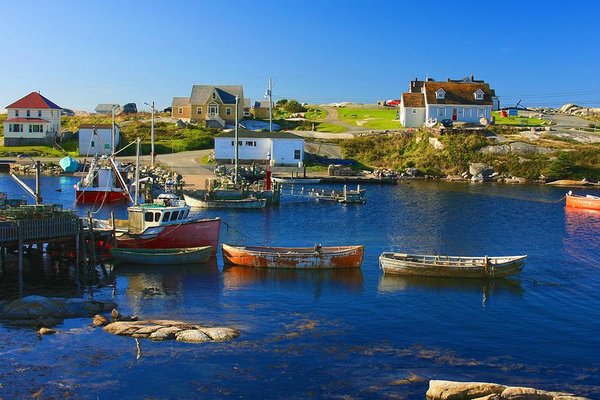



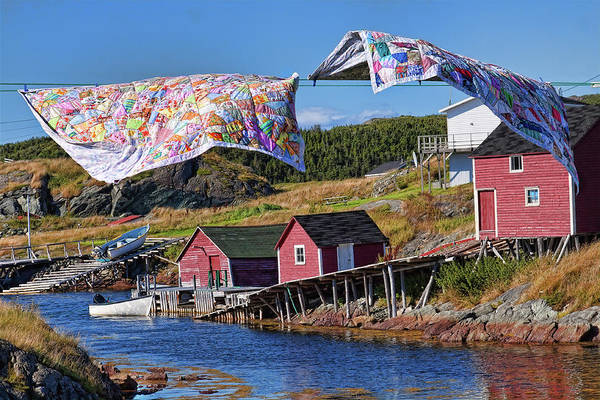



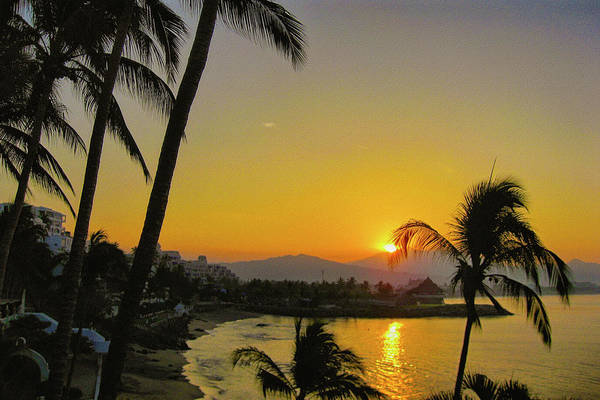

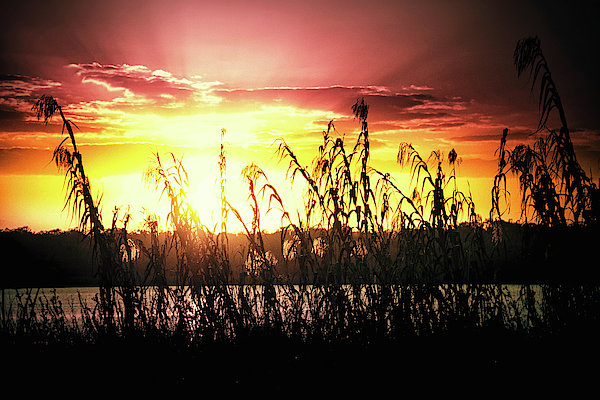



Wow! I must say that I’m quite floored at this post. I’m not a fan of any kind of rules, especially not in photography, and am doing things by feeling, but you have managed to explain and show some rules in your examples in such a way that even I understand. 😀 Must be because your images are so great, especially the first one, the Newfoundland one, and the one with the sleeping dog. <3 Just love! I’ll stick around to learn some more.
Thank you Manja,
I generally go with the fillings rather than rules too. After all, rules are made to be broken – Right? 🙂
My point is that we always have to know about what we want to show, and think about what we want to obtain from a particular shot.
Quite… if you know what to break. 😀
Great series of layers – my favorite is the quilts and shacks!
Thank you Leya! I was lucky to see those 🙂
Beautiful set of layered image. Mountain crest silhouettes in Grand Canyon is my favorite!
Thank you for sharing!
Thank you so much Amy! 🙂
It was very cool to see the different ways to use layers in a photo. I love “Moving water on the Atlantic ocean in the sunset light, viewed in Gros Morne National Park, Newfoundland, Canada”: the way the setting sun created a halo effect on the splashing water and the way the sea shaded from blue to gold. Absolutely gorgeous and amazing.
Oh, that is one or my most glorious water photos:) Thank you so much for your comment!